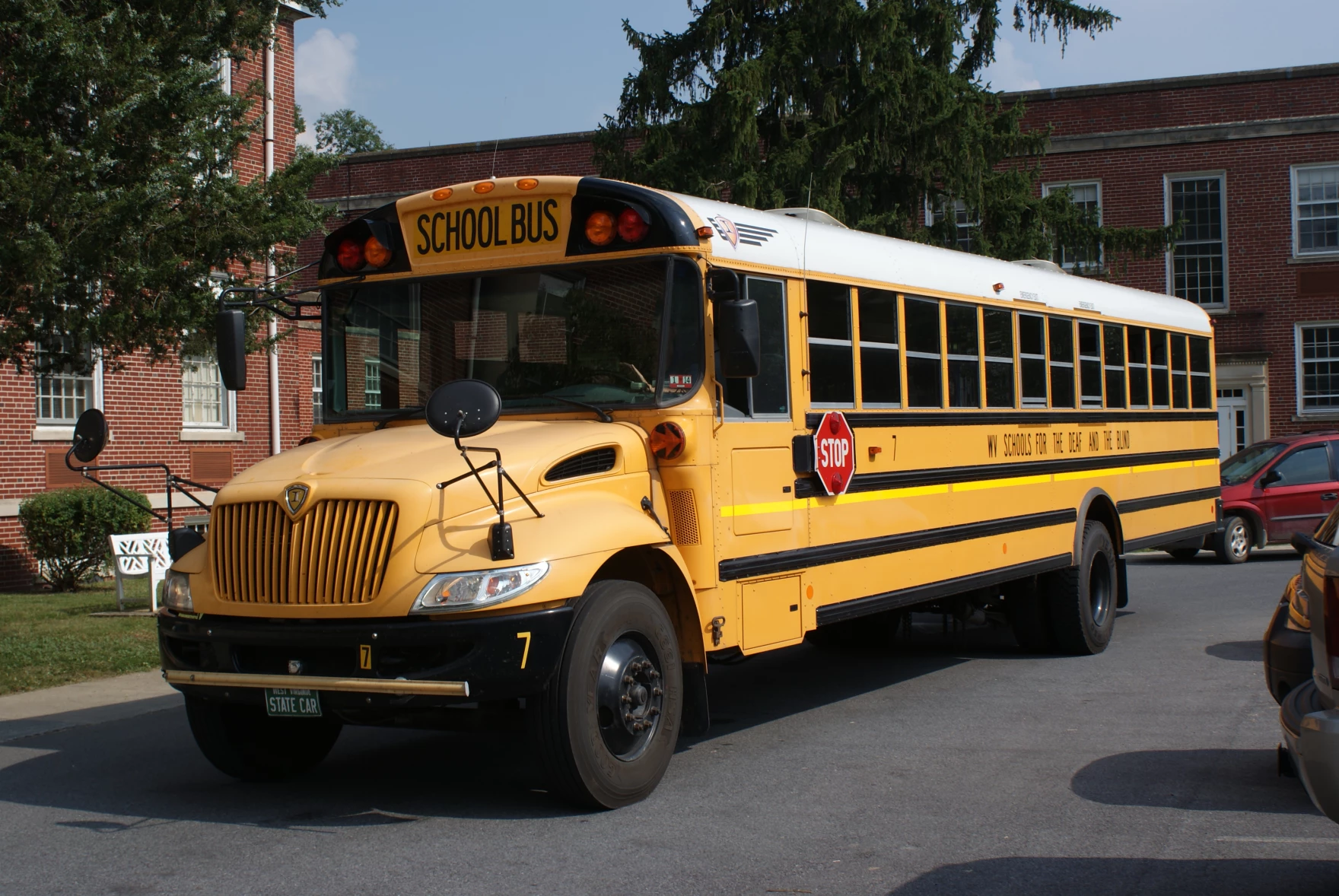Three West Virginia counties lost federal funding to purchase electric school buses after the Environmental Protection Agency (EPA) rescinded award funding last month.
Mineral, Monongalia and Harrison counties were on track to purchase zero or low-emission school buses. Citing errors in their identification of rural areas in mountainous regions, the EPA rescinded those awards. Cabell, Clay, Calhoun, Kanawha, Grant and Lewis counties will still receive the funds.
U.S. Sen. Joe Manchin, D-W.Va., is advocating for more accurate categorization of West Virginia communities. He sent a letter to Peggy Carr, commissioner of the the National Center for Education Statistics (NCES), Tuesday urging her to consider ruggedness scales that impact travel of students to and from school in NCES’s measurements. The center within the U.S. Department of Education is responsible for collecting and analyzing education data that help determine how federal resources for education activities are allocated. This includes classifying public school districts into four categories: rural, town, suburban and city.
The letter argues current methodology leads to much of Appalachia being miscategorized as “urban.”
“Your current rural measurement relies on mileage in sparsely settled and remote areas, however it does not account for sparsely populated mountain regions, and commuting times for difficult terrain are not adequately reflected,” Manchin wrote.
“11.7 percent of the United States population lives in a rugged area, with 1.4 percent living in a highly rugged area. For comparison, West Virginia has the largest share of residents living in a rugged area, with 80.7 percent of the population living in a rugged area and 15 percent in a highly rugged area. While ruggedness alone cannot dictate rurality, we feel that it is an important consideration when determining what is rural and what is not.”
